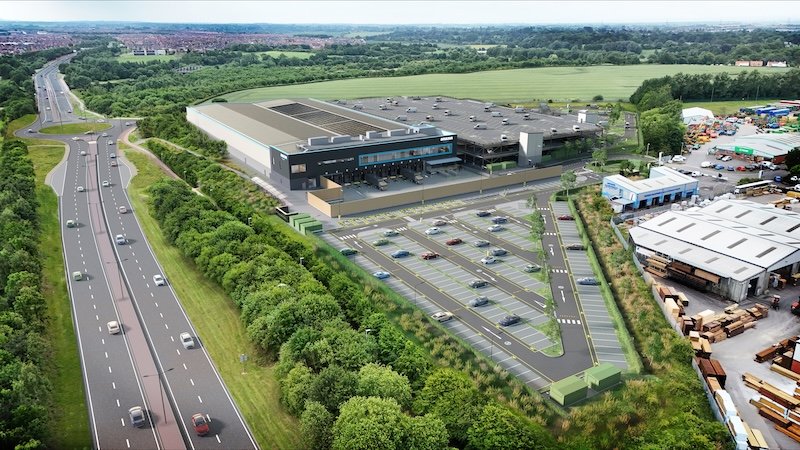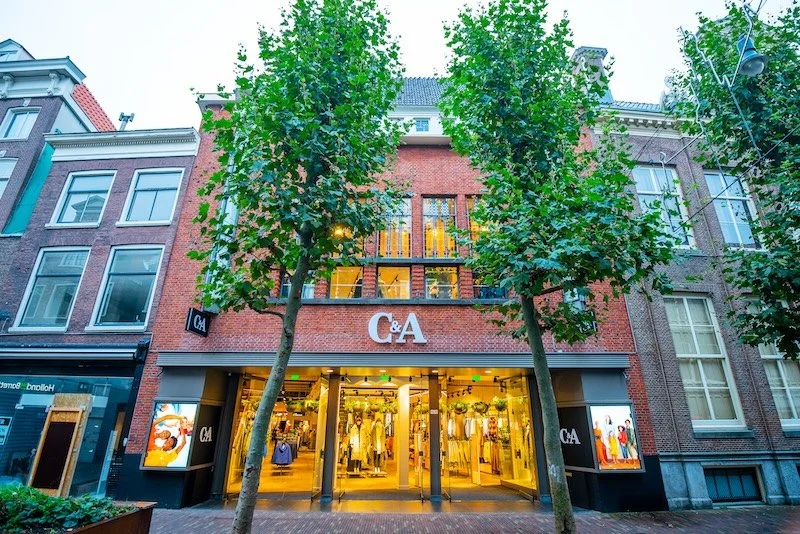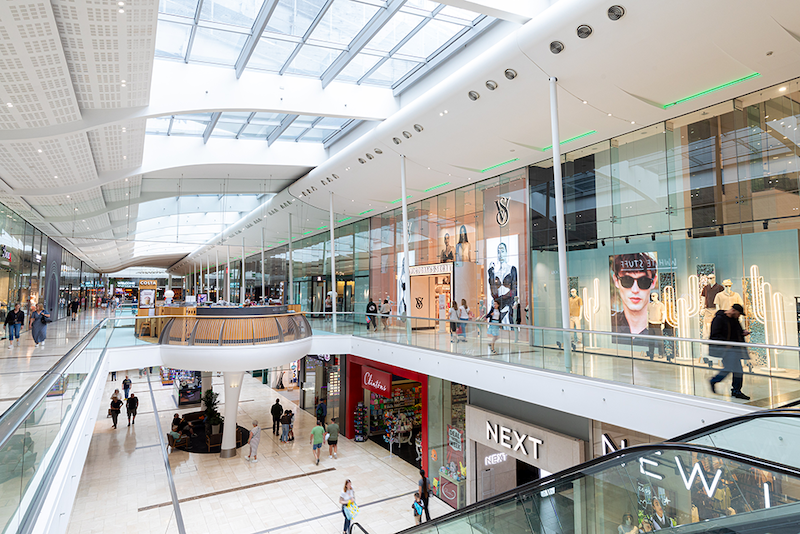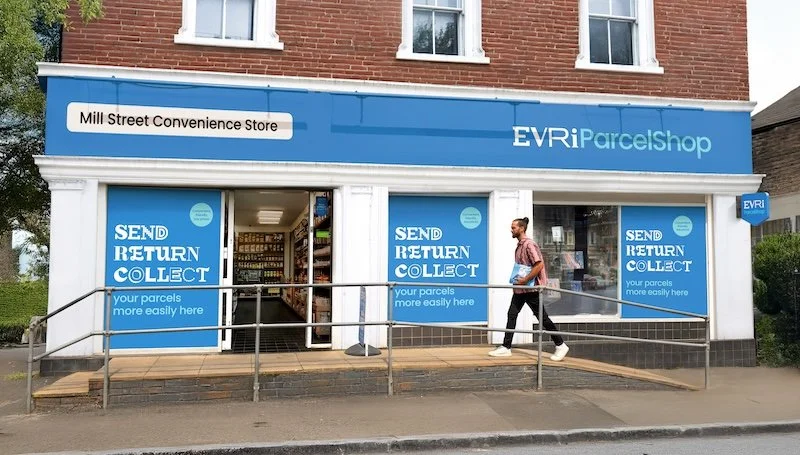Pixie: Blockchain tech can help save the High Street
There is too much retail space in the UK and town centres need to be repopulated as community hubs.
That was the conclusion reached by Bill Grimsey, former Chief Executive of Wickes, Iceland and Booker, in the recently published Grimsey Review 2. This argues that bricks and mortar retailing can no longer be the anchor for thriving High Streets and town centres.
It also calls for an overhaul of the business rates system and a ban on out-of-town developments, predicting that nearly 70,000 High Street jobs will disappear this year. “There is no point clinging to a sentimental vision of the past,” said Grimsey, who first tackled this area in 2013.
Enter blockchain, that most forward thinking of technologies. While some bigger brands are already investigating the benefits of using blockchain – such as Starbucks who’s developing a decentralised application (DApp) that will verify the source of its coffee beans – few (if any) are putting it to work in a meaningful way that will improve the customer experience. And that’s the exact reason Pixie was set up.
This is a reward and discovery platform that connects independent businesses to people, so they can trade freely, quickly and securely anywhere in the world.At the heart of its app is a dual wallet which customers use to pay for goods and services – in their country’s fiat currency or by using Pixie’s native unit of value, blockchain-linked PXE tokens.
At the Point of Sale, the customer opens the app on their phone. The merchant then scans the QR code on the customer’s screen. The customer can then choose to pay using fiat money, with the PXE balance in their Pixie Token Wallet, or using a combination of the two. The transaction complete, they receive PXE tokens as a reward – regardless of the currency used to pay. Once they’ve accrued enough tokens, they can spend them at other participating stores.
The app’s other key feature is the Discovery Guide. Customers looking for authentic, local places can use the app to locate participating businesses. Currently the app is live in several towns across south west UK: in Sherborne, Bruton, Frome, Bath and across London.
The venture uses the Stellar blockchain which offers borderless payments, low fees and fast transaction times.“The migration to blockchain is to support our reward and payment platform, as we scaled internationally it gives us unique opportunities that a centralised system can’t,” says Greg Barden, Founder and CEO. “In addition, the ability for us to create our own cryptocurrency designed to retain more money locally has the potential for major impact across the world.”
Barden doesn’t buy into the oft heard argument that the UK High Street is in terminal decline as more and more people shop online. “The High Street needs to evolve to offer an experience that online cannot,” he argues. “Amazon and the like will continue their relentless march in offering us convenience and low prices. The High Street and more specifically independent businesses can’t compete with this. What they can do is provide us with real world experiences, human touchpoints, knowledge and quality that we still need and demand as humans.”
But are local shops and their customers ready to embrace digital payments, rewards and even cryptocurrencies? “Yes, they need to, but they have to work seamlessly and frictionless for them to do so.”
Borderless currency
As previously mentioned, while some bigger brands are investigating the benefits of using blockchain technology, few are putting it to work in a meaningful way that will improve the customer experience.
Imagine being able to pay with and receive a ‘borderless’ currency at any independent store in the world, and being rewarded for doing so. That’s what a number of FinTech and retail startups are investigating. Blockchain technology is key to these efforts. But there’s still a massive stigma to overcome.
The problem is, the term ‘blockchain’ has become synonymous with Bitcoin, which is often portrayed by the mainstream media as either a ‘get rich quick’ initiative or a Ponzi scheme. And the bewildering number of cryptocurrencies coming to fruition – such as Ethereum, Litecoin, and Stellar Lumens – further confuse things for most.
When combined with mobile commerce, payments and rewards systems, blockchain technology can make data more accessible, verifiable, easier to use from a marketing perspective and more secure, Barden argues. Moreover, by incorporating token ecosystems into a particular technology environment, blockchains can process transactions and the transferral of value much faster.
“Most blockchain tech and cryptocurrencies have derived from people stating blockchain can solve this problem, raising a load of money off the back of an ICO to then go and see if their idea works,” Barden counters.
“Most fail! Pixie has taken a different approach. We have been on the ground with a live product that we know solves problems on both side of our marketplace. What’s transpired out of this is a very clear use case for blockchain technology to underwrite a part of our platform. The key part of this is to ensure that the user experience only gets enhanced with this migration to blockchain. Something we’ve made a priority.”
Plans are afoot to expand Pixie globally over the next few years. The startup will soon conduct an initial coin offering to raise the funds needed for this. “Bringing crypto into people’s daily lives will give it more meaning and purpose,” says Barden. “Our aim is for PXE tokens to become a decentralised local currency that allows direct payments and rewards between our independent businesses and local explorers across the globe.”
The token pre-sale is planned for this month. To find out more, take a look at the company’s dedicated token website.










Continue reading…